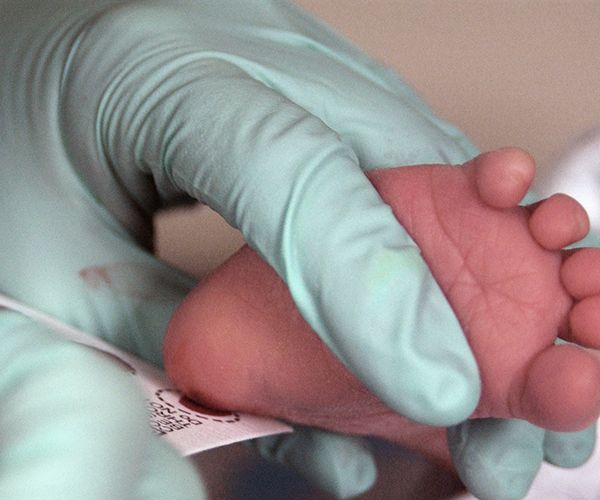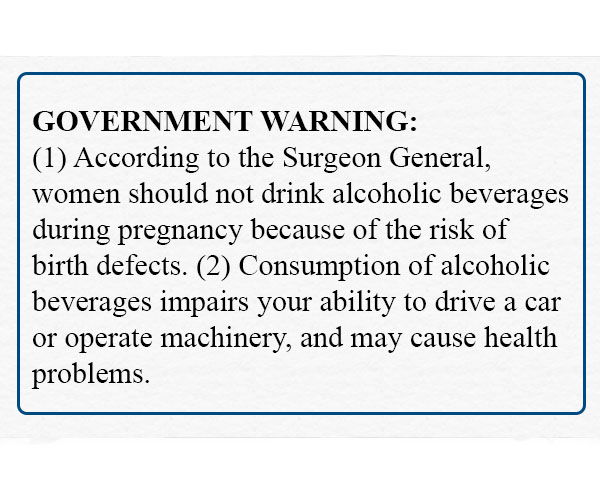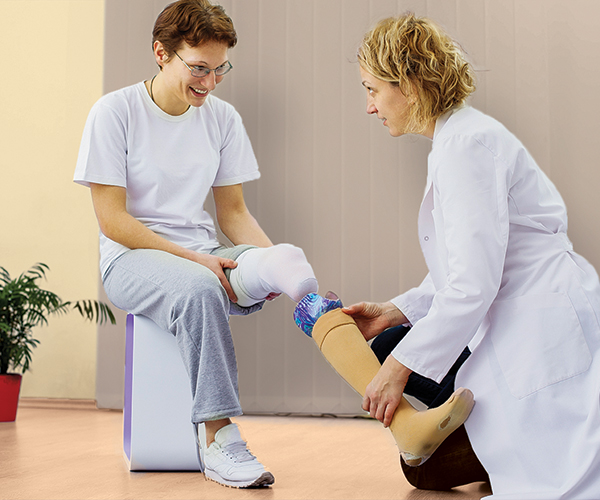1960s

Public Law 87-838 authorized the establishment of NICHD in 1962, and the first National Advisory Child Health and Human Development (NACHHD) Council was held on November 14, 1963.
Read more about NICHD during the 1960s.
1970s

Congress passed the Sudden Infant Death Syndrome (SIDS) Act of 1974, directing NICHD to take the lead in SIDS research. NICHD-funded researchers also developed the first test to screen for congenital hypothyroidism from a drop of infant's blood.
Read more about NICHD during the 1970s.
1980s

Research conducted by NICHD and other researchers led the U.S. Surgeon General to issue the warning now seen on alcoholic beverages that informs consumers of the risks of drinking alcohol during pregnancy. NICHD also formed two research networks—the Neonatal Intensive Care Units and the Maternal-Fetal Medicine Units.
Read more about NICHD during the 1980s.
1990s

Using brain imaging technology, NICHD-funded researchers identified the brain regions underlying dyslexia. In addition, the National Center for Medical Rehabilitation Research was established within NICHD to conduct and support programs for the rehabilitation, health, and well-being of people with physical disabilities.
Read more about NICHD during the 1990s.
2000s

NICHD is renamed the Eunice Kennedy Shriver National Institute of Child Health and Human Development to honor Mrs. Shriver's role in the establishment of the institute. NICHD's Women's Contraceptive and Reproductive Experiences Study also found no lifelong association between oral contraception use and a higher risk of breast cancer.
Read more about NICHD during the 2000s.
2010s

The Infant Brain Imaging Study, funded through the Autism Centers of Excellence program, finds that patterns of brain development in the first 2 years of life are distinct in children who are later diagnosed with autism spectrum disorders. NICHD also launches DS-Connect®: The Down Syndrome Registry and the Human Placenta Project.
Read more about NICHD during the 2010s.
2020s

As the world changes rapidly to deal with COVID-19, NICHD staff and researchers remain committed to advancing health by bolstering efforts to reduce maternal death and illness, leading a trans-NIH initiative to study Down syndrome, and conducting and supporting critical research on COVID-19 in priority populations.
 BACK TO TOP
BACK TO TOP